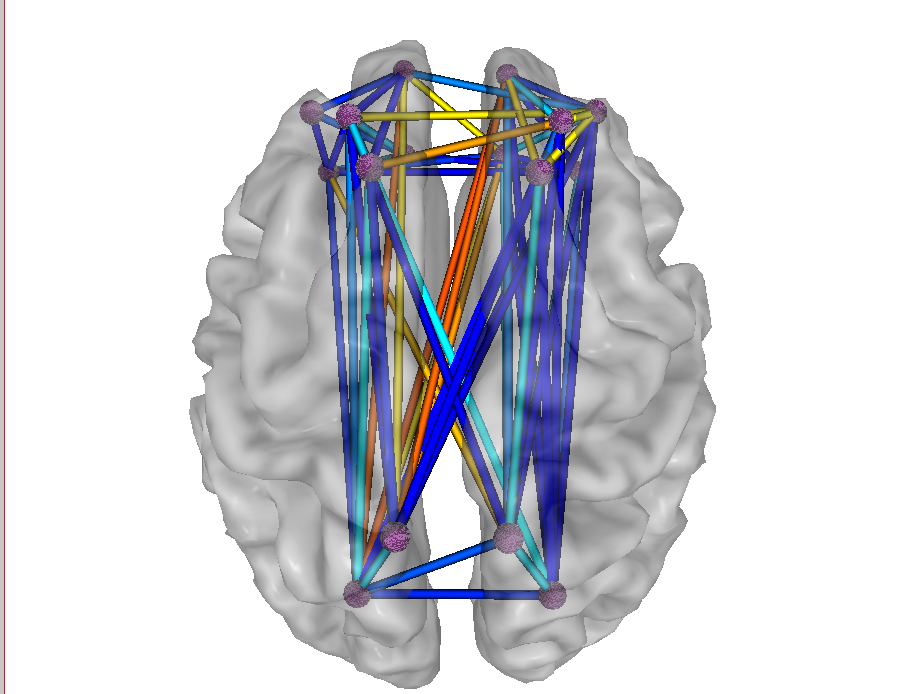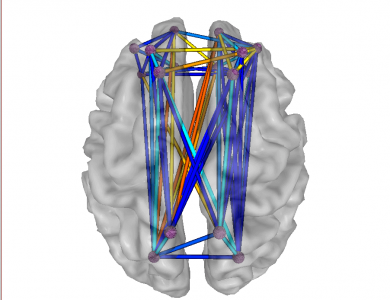The NeuroCognitive Research Institute (NCRI) is back in business, and we are once again supporting the myalgic encephalomyelitis (ME) and chronic fatigue syndrome (CFS) populations through research and clinical assessments.
Our institute offers comprehensive neurocognitive assessment and clinical reports, which can be used for treating patients, assisting with disability claims and conducting research.
Our assessment using LORETA neuroimaging provided the necessary medical knowledge for helping a patient with ME win a lawsuit to obtain his disability status. (Read the article).
We are also currently conducting a research study on people with ME and CFS by using neuroimaging to evaluate the nature and extent of cognitive impairment in patients. Read more.
We now offer swLORETA assessment for identifying brain networks that are outside a normal range when compared to a normative database. When dysregulation in a particular network is linked to the symptoms, those brain areas may be targets for treatment aimed at reinforcing stability and efficiency within the network. This clinical efficacy is further enhanced by tailoring the treatment for each individual accordingly. (Read about our assessment process.)

The blue lines (edges) indicate reduced neural connectivity—the number and strength of the neural connections are greatly reduced (light blue) to severely reduced (dark blue). The red & yellow connections indicate compensation for weakened systems and are less differentiated and less efficient than normal. Edges which were normal are not shown.
This analysis demonstrates some of the issues that what everyone with ME experiences; this person would experience thoughts that seem to “vanish”, slowed cognition, difficulty in forming memories, reduced awareness overall and general loss of spontaneity.






3 thoughts on “NeuroCognitive Research Institute is Back in Business, Assessing People with ME!”
This information is of great use to me. I identify completely with the experiences described but thought that was “just me”. I have an academic background in Human Development and Behaviour.
I would be very interested to be involved in the progress of the research.
Thank you,
Kate Prendergast
This sounds like an amazing tool. Is it available in the UK? Has any work been done to link the findings to the incidence of white matter hyperintensities seen in the brains of some patients?
Many thanks for all you do.
Sharon
The technology we use is available at http://www.appliedneuroscience.com; several individuals and companies use it, though we are the only people using it for ME that I know of. As you know, many believe that ME does not exist (it is psychosomatic). We both trained extensively in neuroscience and continue training. Using EEG is not just a matter of attaching electrodes and recording the signal.
Comments are closed.